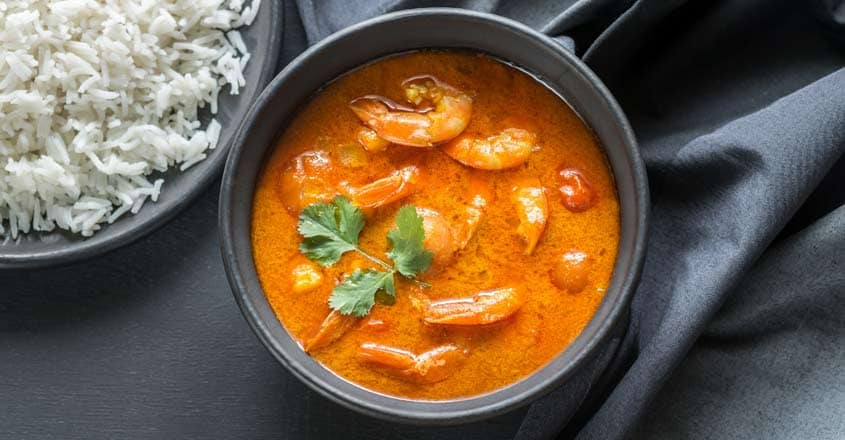Savour Bengali cuisine, it's not just fish and sweets

Mail This Article
Never mistake West Bengal for lack and want as represented by its poor, job-seeking migrant labourers. West Bengal was and still is a synonym for refined living. This innate taste and style was reflected in their dishes too. Their cuisine is essentially Bengali, without too many borrowings from other states.
A lot of its flavours and masala mixes have been handed down from over a thousand years and Bengalis to this day retain those recipes which make them truly “shonar Bangla” dishes.
Each region held and still holds allegiance to its particular food preferences. If West Bengal had a proclivity for vegetables, East Bengal, or what today is Bangladesh, was strongly in favour of meat. However, till the 17th century, most of Bengal was awash with meat and wine. Today’s Bengali cuisine has a lot to with the influence of the Nawabs and the Raj.
Bengali cuisine is a mix of medicinal plants, spices, herbs and tubers. Biryani in Bengal is garnished and served with potatoes boiled in full. Rivers being its lifeline, fish is an integral part of their menu. The Bengalis eat a lot of fish. The distinct taste in every dish lies in its secret mix of a ground paste of various tubers and spices; followed by mustard oil for seasoning.
It is said that Kerala and Bengal have similar cultures, tradition, cuisine and even politics. Keralites can easily relate to Bengali's love for fish and a daily dose of rice. Even a traditional meal is served on a banana leaf. Both the states can also not forget their love for dishes made with coconut.
Think Bengal and it's their rich array of sweets that pop up. It was the Portuguese who bequeathed the sweet tooth to Bengalis. If every Indian today is hooked to rasgulla, sandesh and chum-chum, here’s a big thank you to Bengal which perfected the art of making these sweets. The Portuguese influence was again responsible for potatoes being an unavoidable part of the state food and the tuber enjoys as much importance in Bengali cuisine as fish and meat. Bengali Brahmins are known for their fondness for fish and rice! Freshwater fish is their favourite with Hilsa being the popular choice.

Panch Phoron or the five-spice mix of fenugreek (uluva), nigella seeds (karinjeerakam), mustard seeds (kaduku), fennel seeds (perumjeerakam) and cumin (small jeera), are a must in every kitchen. These spices are powdered and used for flavouring dishes.
How about trying out a Bengali special? Here’s to Chingri macher malaikari or Prawn malai curry. Read the recipe

